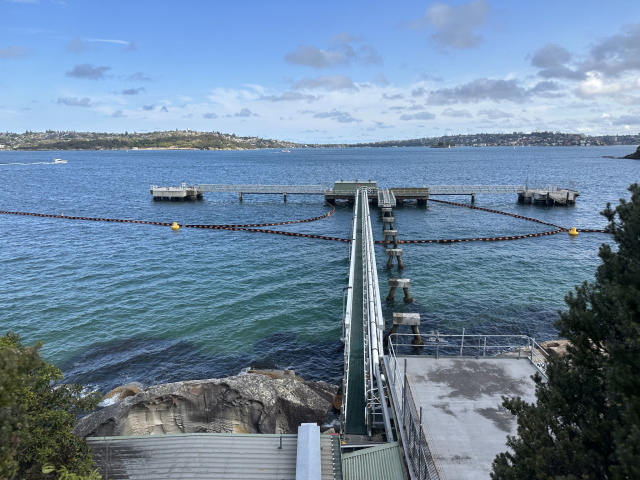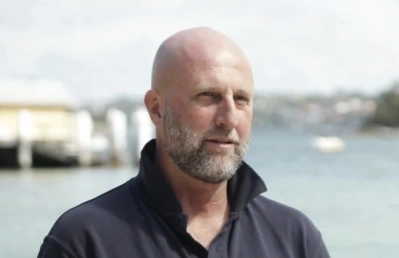Sydney inspiring global leadership on marine restoration
What the Universities realised, is that a field research station to do marine research, will be a capital-intensive facility. So they pooled their resources to more effectively be able to collaborate together. This is the only collaboration of this type in Australia, but we also understand it probably has a unique place globally. We think that what would be really great, would be for SIMS to be an exemplar globally of what people can do when they collaborate.
The Scripps Institution of Oceanography, which is in San Diego, is the largest marine research institute in the world. They operate off an annual budget in excess of a quarter of a billion dollars. We've got the Australian Institute of Marine Science, in Townsville, that is Federally funded. And here, with the Sydney Institute of Marine Sciences, is a real example of the commitment that our State and Federal government has towards protecting our valuable marine estates.

Project Restore is the first of its type in the world. We punch well and truly above our weight here at the institute.
I love the Institute. I'm so proud of the work that we do, I'm so proud of the work that the majority of people at the Institute do supporting science. They're not doing the science itself, the science is being done by our research partners through Universities. So people at the Institute play this role out of the spotlight, that enables this great work to be undertaken. I'm really proud of the team who do that.
What I'd love to see, is that other collaborations happen, not only in Australia, but globally, where you get this amplification effect of, instead of, you know, one group going in alone, more groups putting themselves together and solving real world problems at scale. They're going to change the course around and give us a different future.
What I'd love to see, is that other collaborations happen, not only in Australia, but globally, where you get this amplification effect of, instead of, you know, one group going in alone, more groups putting themselves together and solving real world problems at scale. They're going to change the course around and give us a different future.

Brett Fenton
What the Universities realised, is that a field research station to do marine research, will be a capital-intensive facility. So they pooled their resources to more effectively be able to collaborate together. This is the only collaboration of this type in Australia, but we also understand it probably has a unique place globally. We think that what would be really great, would be for SIMS to be an exemplar globally of what people can do when they collaborate.
The Scripps Institution of Oceanography, which is in San Diego, is the largest marine research institute in the world. They operate off an annual budget in excess of a quarter of a billion dollars. We've got the Australian Institute of Marine Science, in Townsville, that is Federally funded. And here, with the Sydney Institute of Marine Sciences, is a real example of the commitment that our State and Federal government has towards protecting our valuable marine estates.

Project Restore is the first of its type in the world. We punch well and truly above our weight here at the institute.
I love the Institute. I'm so proud of the work that we do, I'm so proud of the work that the majority of people at the Institute do supporting science. They're not doing the science itself, the science is being done by our research partners through Universities. So people at the Institute play this role out of the spotlight, that enables this great work to be undertaken. I'm really proud of the team who do that.
What I'd love to see, is that other collaborations happen, not only in Australia, but globally, where you get this amplification effect of, instead of, you know, one group going in alone, more groups putting themselves together and solving real world problems at scale. They're going to change the course around and give us a different future.
What I'd love to see, is that other collaborations happen, not only in Australia, but globally, where you get this amplification effect of, instead of, you know, one group going in alone, more groups putting themselves together and solving real world problems at scale. They're going to change the course around and give us a different future.
You might like...

Marine and coastal life at Coal Point

Project Restore: Bringing marine life back into Sydney Harbour

Restoring Sydney Harbour’s seagrass

Nowhere Else on Earth
Newsletter
Sign up to keep in touch with articles, updates, events or news from Kuno, your platform for nature
